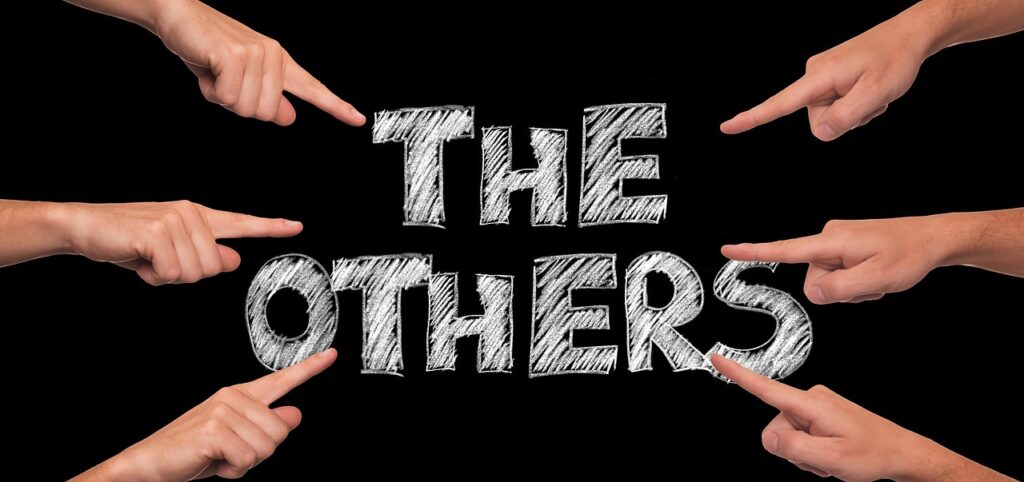Physical Address
304 North Cardinal St.
Dorchester Center, MA 02124
Physical Address
304 North Cardinal St.
Dorchester Center, MA 02124

Have you ever found yourself in a relationship where you constantly feel like your partner missing the mark on your expectations? And have you noticed that this leads you to uncontrollably blame them, turning you into someone who nags and complains more than you ever intended?
I recently had my first-ever counseling session after some feelings of misery in my relationship despite there being nothing major happening. And in just an hour and a half, it felt like a part of me unlocked. I left with clarity, a lighter heart, and a sense of hope I hadn’t felt in a long time. It’s wild how a short conversation with the right person can reveal so much about who we are and what we need. I wanted to share a bit about one realization that’s stuck with me and shifted the way I see myself and my relationships.
I admitted to my counselor that I find myself constantly focusing on my partner’s fault, and blaming him for not doing things the way I want. And deep down, I wanted him to revolve around me, like it was his responsibility to make me happy. My counsellor gently suggested that this reminded her of a mother-child bond—how babies are the absolute center of a parent’s universe, where they can ask for anything without giving much in return. At first, I didn’t really buy it. I felt like, no way, I’m not being childish. But then, as I thought more, I saw the truth: part of me wanted that warm, unconditional, and all-encompassing love and security I once felt as a child. And here’s the thing—I was asking for something no one else can truly give. But that’s not what romantic love is meant to do, and putting that on my partner was a recipe for disappointment.
This hidden expectation had a ripple effect on my relationship, creating tension and misunderstandings. Whenever my partner didn’t meet this unspoken need to “center” me, I’d feel disappointed, frustrated, or even resentful. I found myself getting reactive—becoming aggressive, bitter, manipulative, and withdrawing emotionally when my expectations weren’t met. It’s doomed to fail that I secretly wish to convert my partner into a parent and ask him to meet the needs a parent might have.
The biggest revelation, though, was realizing how much this dependency was costing me. By needing someone else to make me feel whole or “complete”, I was essentially giving away my own power to someone outside me to take control over my happiness, and placing responsibility onto someone else. I wasn’t allowing myself to be truly independent; instead, I was stepping away from the independence and strength I always wanted to embody. I need to take ownership of my happiness and take full responsibility to make myself feel worthy and fulfilled.
Something my counselor said has stayed with me: “You’re not a powerless 5-year-old child anymore, and you have everything you need to create your own happiness.” She reminded me that I have the strength to meet my own needs. Yes, it feels wonderful when others show up for us, but their love and care should be like little bonuses on top of the happiness we create for ourselves—not the whole foundation.
It’s shocking to understand the complex dynamics between our past needs and our current relationships. Something my counselor told me and I have to constantly remind myself of is that I have now grown up with an abundance of resources and strength to make myself feel happy and nurtured. I do not need to project my needs onto anyone, and I certainly do not want to project power onto anyone else either. I have enough capacity to look after myself, I can still express my expectations but it no longer matters whether other people meet them or not. This is purely because I want to be self-sufficient, to have true strength, and to take control of my life. Only in this way can I have real freedom. I will seek fulfillment from within and view others’ care and love as additions to my happiness, rather than the source of it.